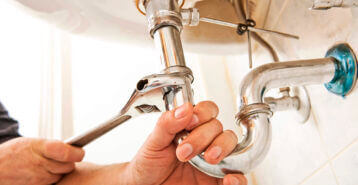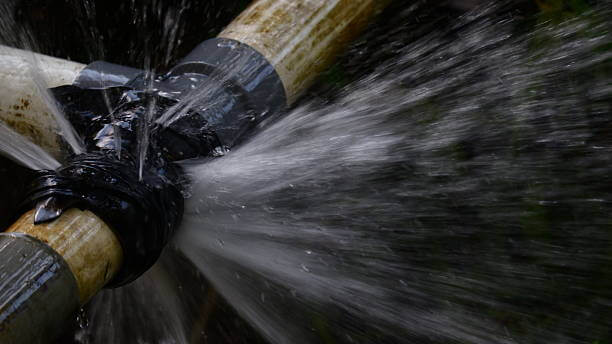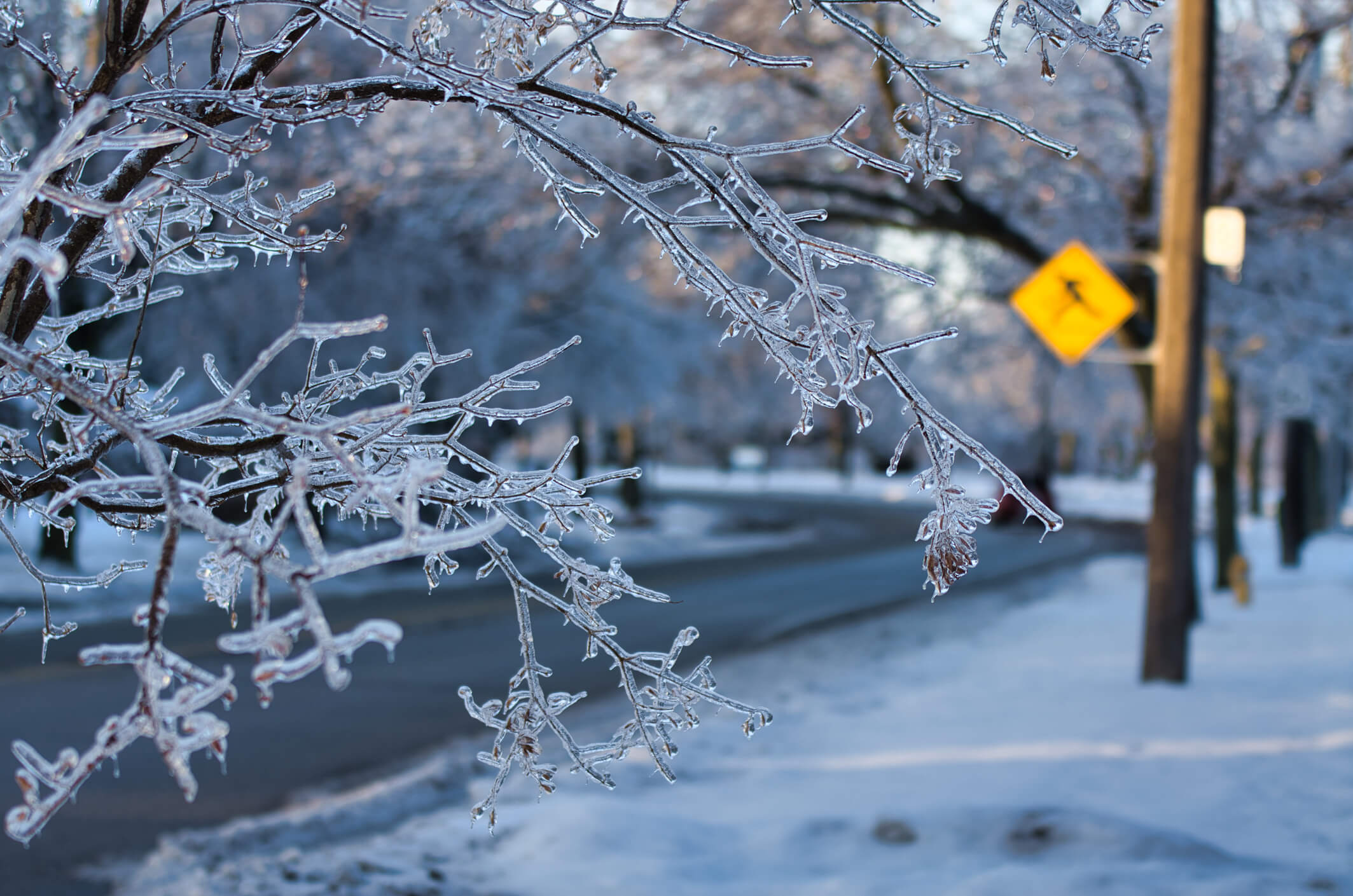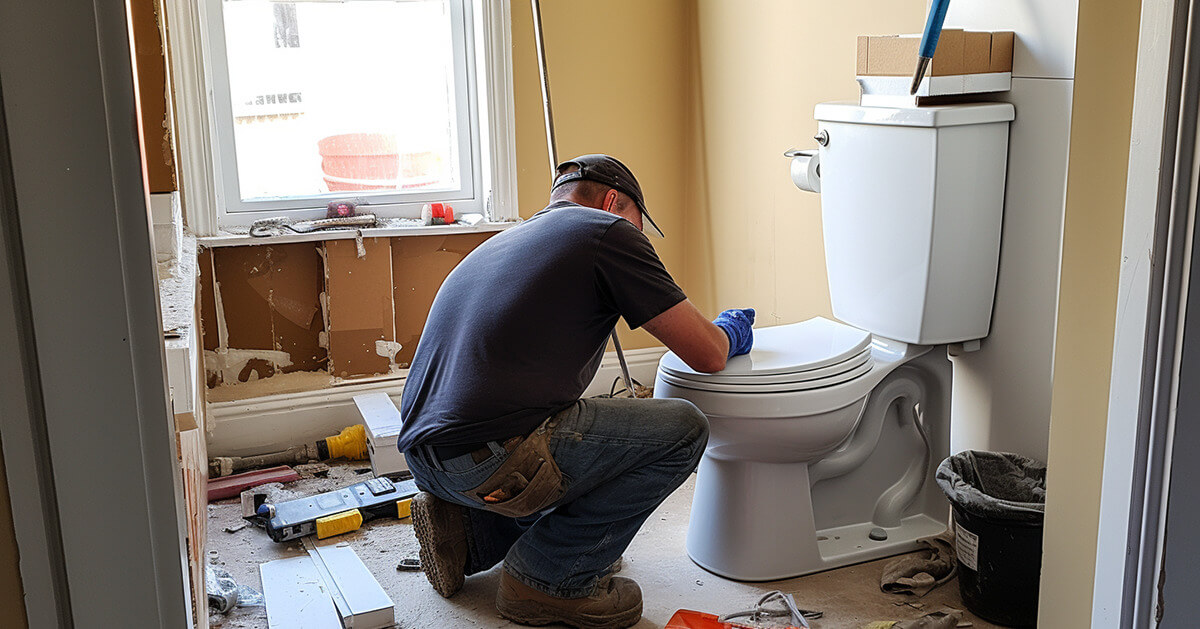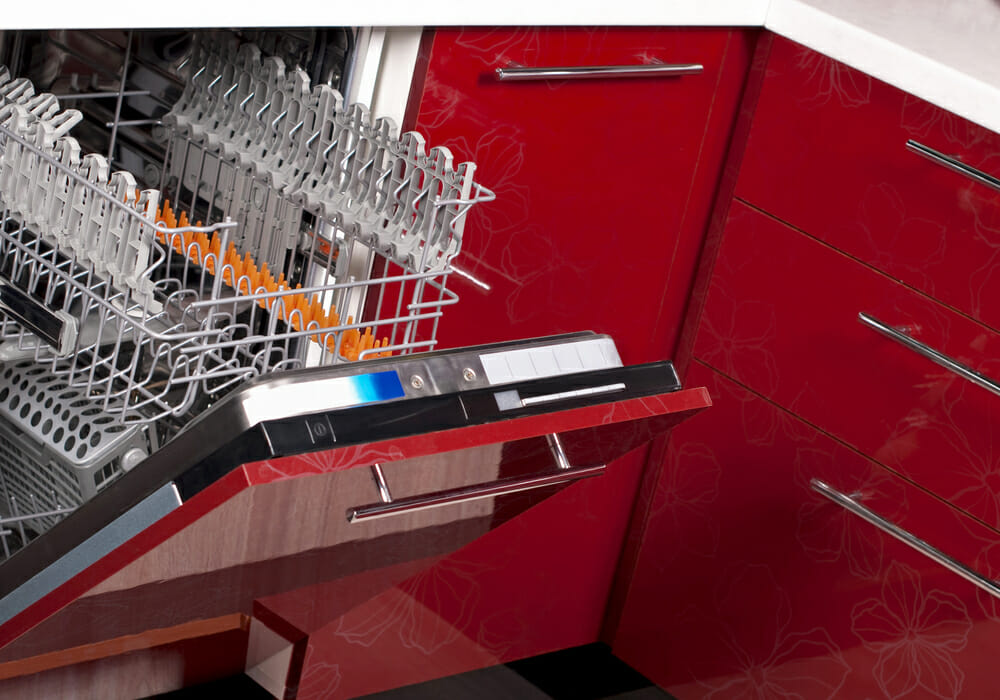Emergency Plumbing Costs: What Homeowners Can Expect to Pay in Urgent Situations
Emergency plumbing services are essential when urgent issues arise, from burst pipes to sewage backups. However, they come at a premium due to the immediate nature of the work, the availability of specialized tools, and the inconvenience of off-hours service. Understanding emergency plumbing costs helps homeowners budget effectively and avoid surprise fees.
What Is a Plumbing Emergency?
A plumbing emergency is any sudden, serious issue that requires immediate attention to prevent significant water damage, health risks, or disruption in your home. Unlike minor leaks or slow drains that can often wait for regular hours, emergencies involve issues like burst pipes, sewage backups, or complete loss of water. These situations often escalate quickly, and delaying professional intervention can lead to costly repairs. Below are common examples of plumbing emergencies and when to call a professional.

- Burst Pipes: A burst pipe releases water rapidly, often causing significant damage. If underground, you might not notice the flow right away, but signs like reduced water pressure or a lush, green lawn can signal a problem. Call a professional immediately.
- Sewage Backups: When sewage flows back into your home instead of out, it creates a messy, hazardous situation. This often requires specialized equipment, new pipes, or permits, so it’s best to call a professional.
- Severe Leaks: Minor drips can usually wait, but if a pipe is gushing, shut off the water and contact a plumber to replace the damaged area.
- Overflowing Toilets: If a plunger or snake won’t fix an overflowing toilet, it likely requires professional tools to reach deeper clogs.
- Water Heater or Sump Pump Issues: A failing water heater or sump pump can escalate quickly, leading to no hot water or flooding during heavy rain. Act fast to prevent further damage.
- No Water Supply: If faucets and toilets aren’t refilling, it could be a local outage. However, if it’s just your home, a professional can diagnose any water line issues and resolve the issue.
How Much Does Emergency Plumbing Service Cost?
Emergency plumbers may charge by the hour or apply flat rates based on the type of repair. Hourly rates are common, especially when the extent of the issue is unclear or when multiple issues may need attention. For emergency calls, these rates typically start around $150 and can reach up to $500 per hour during regular business hours. However, for evening, weekend, or holiday service, rates can increase by 50-100%, resulting in costs between $300 and $600 per hour.
Alternatively, flat rates are often used for specific emergencies, providing homeowners with clear, upfront pricing for common issues like clogged drains or burst pipes. For instance, a plumber might charge a flat rate of $300 to $800 for emergency drain unclogging, with severe cases costing more due to advanced methods like hydro-jetting. Flat rates offer transparency, allowing homeowners to anticipate costs without worrying about hourly increases during the repair process
- Clogged Drains and Toilets: The cost to unclog a drain or toilet in an emergency ranges from $300 to $800, though severe clogs requiring extensive work or hydro-jetting can push this cost up to $1,600.
- Burst Pipes: Repairing a burst pipe costs between $500 and $1,500, depending on the pipe’s location, the extent of damage, and the materials needed for repairs. If walls or floors need to be removed to access the pipe, additional costs may apply.
- Sewer Backups: This is one of the more expensive emergency plumbing issues, often costing between $500 and $3,800. The price varies based on the extent of the backup, the accessibility of sewer lines, and whether any pipe replacement is required.
- Water Heater Failures: Emergency repairs on water heaters range from $500 to $1,200, with costs increasing on weekends or holidays. Issues with water heaters, especially involving leaks or complete failures, require fast repair to avoid water damage.
Factors Affecting Emergency Plumbing Costs
- Time of Day and Urgency: Emergency plumbing calls made during off-hours (evenings, weekends, and holidays) incur additional fees. In some cases, you could be charged 1.5 to 3 times the standard hourly rate, with holidays often being the most expensive. Evening and weekend calls might add a $100 to $200 surcharge on top of regular rates.
- Location and Travel Fees: Urban areas tend to have higher costs due to increased demand, while rural locations may charge more to cover extended travel. Some companies add a travel fee of $100 to $200 for emergency calls outside their immediate service area.
- Severity of the Issue: Some plumbing issues are straightforward to address, while others require more labor and equipment. For example, a simple drain clog may cost $300, but complex issues such as extensive tree root intrusion in sewer lines may require high-powered equipment and push the cost above $1,500.
- Seasonal Demand: Winter is a peak time for emergency plumbing services due to the increased likelihood of burst pipes from freezing. Seasonal demand may increase rates slightly, with frozen pipe repairs starting around $300 but reaching over $1,500 if extensive work is required.
Common Causes of Plumbing Emergencies
Plumbing emergencies often seem unexpected, arising from factors like weather, wear, or improper maintenance. Here are common causes:
- Freezing Temperatures: As water freezes and expands, it stresses pipes, leading to potential breaks as temperatures fluctuate.
- Clogged Drains: Soap, shampoo, food particles, and hair can gradually build up, slowing water flow and eventually causing backups.
- Aging or Damaged Pipes: Older pipes are prone to corrosion and breaks. External forces, such as ground movement, can further compromise them.
- Tree Root Intrusion: Tree roots seeking moisture can penetrate pipes, eventually causing significant leaks or blockages.
- Improper DIY Repairs: Incomplete or unskilled fixes can lead to bigger problems, as temporary patches may give way, worsening the issue.
Immediate Actions to Take During a Plumbing Emergency
When facing a plumbing emergency, quick action can reduce damage and cleanup efforts. Start by shutting off the main water valve to control the situation.
- Assess the Situation: Identify the source and severity. Is it a localized leak or affecting the entire home? Visible issues, like a broken pipe, are easier to assess, but if the source is hidden, be prepared to describe it to a plumber.
- Mitigate Damage: Place a bucket under the leak if possible, soak up water with towels, and move items out of the way to prevent further damage.
- Avoid Affected Fixtures: Don’t use sinks, toilets, or other affected fixtures, even by accident, until repairs are complete.
- Call an Emergency Plumber: After shutting off the water and cleaning up, contact an emergency plumber, providing them a brief overview of the issue. They’ll advise on the next steps and an estimated arrival time.
What to Expect From an Emergency Plumber
When you call an emergency plumber, expect a prompt response, clear communication, and efficient repairs to restore your plumbing. Emergency plumbers handle calls around the clock, including weekends and holidays, so don’t hesitate to reach out.
- Quick Response Time: A plumber or answering service will respond promptly, placing you in the queue for immediate follow-up and scheduling.
- Assessment and Immediate Repair: Over the phone, the plumber will ask questions to pinpoint the issue, which helps them prepare. Once on-site, they’ll quickly assess and begin repairs.
- Professional Advice for Prevention: After addressing the problem, they’ll offer advice to prevent future issues and may provide quotes for additional repairs if needed.
- Transparent Pricing: Emergency plumbers provide upfront estimates, including after-hours fees, so you can make an informed decision in a timely manner.
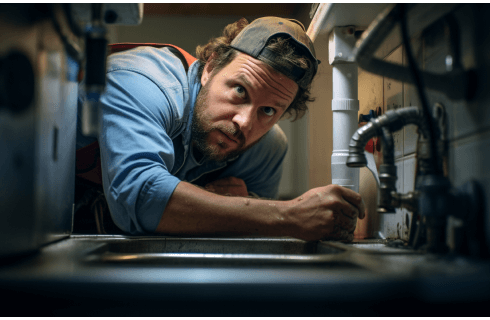
Preventative Measures to Avoid Emergency Plumbing Costs
Routine maintenance is one of the best ways to avoid costly emergency plumbing services. Here are some preventive measures homeowners can take:
- Regular Inspections: Schedule yearly inspections with a licensed plumber to catch small issues before they become emergencies. Routine inspections generally cost between $100 and $300 and can help identify vulnerable pipes, clogs, and potential leaks.
- Pipe Insulation: Insulate pipes in areas prone to freezing, such as basements or crawl spaces. Pipe insulation costs between $1 and $5 per linear foot and can help prevent burst pipes during cold months.
- Proper Disposal Practices: Avoid flushing anything other than toilet paper and use strainers in kitchen sinks to prevent clogs. Avoid pouring grease down drains, which can lead to severe blockages over time.
- Water Pressure Monitoring: Monitor your home’s water pressure to prevent excess stress on pipes. High water pressure can weaken pipes over time, increasing the likelihood of burst pipes.
Reducing Emergency Plumbing Costs
There are several strategies homeowners can use to manage emergency plumbing costs more effectively:
- Compare Local Plumbers: Research and keep a list of the best plumbers in your area, comparing rates and fees for emergency services.
- Negotiate or Inquire About Payment Plans: Some plumbing companies may offer financing options, payment plans, or membership programs that provide discounts on emergency repairs.
- Ask for Itemized Estimates: During a plumbing emergency, request a detailed quote to understand labor, parts, and additional fees. Itemized estimates can help you make informed decisions and prevent unexpected charges.
Is Emergency Plumbing Worth the Cost?
Emergency plumbing costs can be high, but they’re often necessary to prevent severe water damage, health risks, and costly repairs. Regular maintenance and proper usage help keep plumbing systems in good condition, reducing emergencies. Knowing local emergency plumbers and conducting routine checks on pipes and fixtures can also help catch issues early and minimize expenses.
Compare top-rated plumbing pros in your area.
Read real homeowner reviews, explore qualifications, and view promotions. Modernize makes it easy to browse professionals and find one that will be perfect for your project.


